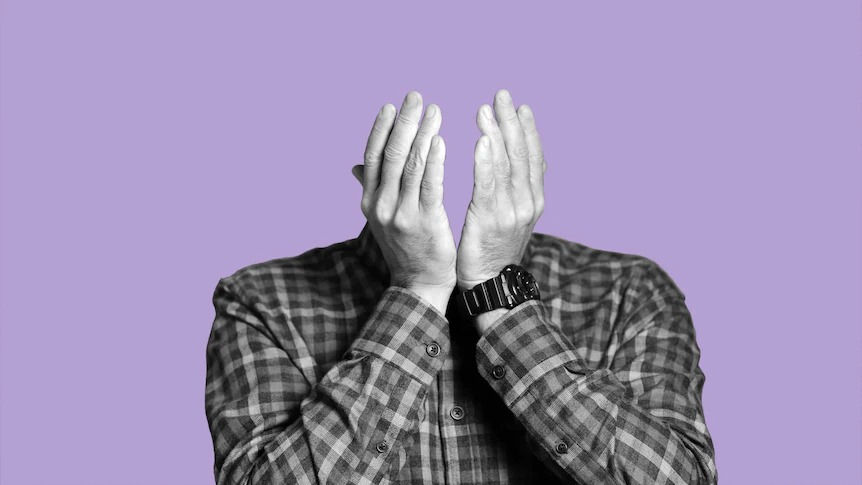Sara Vesa, IX D
Ever since we are born, up until we develop and mature into loving, ambitious and clever human beings, capable of differentiating and reasoning between what’s “good” and what is “bad”, (for both the people around us, and ourselves too) each one of us experiences life through completely different perspectives.
Thus, not only do the things we go through during our lives have a tremendous impact on the decisions we will continue making, but also on the way we view other people. Besides, fortunately, or unfortunately, for some people, they can, one hundred per cent, sooner or later, change the trajectory of their existence, as well as their approach to different matters.
However, these aspects, that are most and foremost affected by the environment we have lived in, the way we were raised and taught by our parents, or other family members, what social norms and values we know and what we believe is ordinary, yet that can thoroughly change over time, are always distinct for every last one of us. Hence, what one may consider as being “normal”, another can greatly argue otherwise.
Consequently, along with other factors, such as our ethnicity, religious beliefs, gender and physical appearance, or other personal characteristics, that, of course, we have no control over, as we don’t get any say in them before we’re born, are all part of the qualities that make us who we are, that make us unique.
Nowadays, or, actually, since long ago, maybe even the beginning of humanity, we have somehow managed to agree upon the fact it is “normal”, and, usually, heavily suggested, through the way some act, to judge others for no apparent reason, or to form prejudices towards people you’ve maybe never even talked to before. Prejudices that are, to some extent, influenced by the things that I’ve mentioned before.
Therefore, another problem that has been starting to significantly and steadily increase is one mostly pressurized by technology and its sudden advances. More and more people have begun to obsessively consume whatever they find on the social media platforms they use, platforms that are more than often than not filled with influencers whose main purpose is to hunt for their viewers' attention and appreciation, and to convince them, when creating hassles that upset others, of different regards.
Regards that most of the time have negative effects on us, failing to let us think for ourselves, and realise that they’re wrong. For instance, I’ve seen and heard of plenty of cases in which people on the internet have tried, and sometimes even succeeded in manipulating others so that the things they were doing, weren’t absolutely black-hearted; namely insulting other strangers on the internet, or even people that worked for them, for certain physical features, having a different nationality, or even for not having a stable financial situation.
To conclude with, despite judging and disliking other people, based on, most of the time, things we’re jealous of, or habits, particularities that we may not be that used to seeing in our day-to-day lives, it is, after all, none of our business what those around us choose to do. They are conscious of what they’re doing and know the reason and purpose behind it; or maybe they don’t even have any control over it.
Thus, instead of helping them if they need or want it, why would we make fun of them? Why can’t we all just accept each other the way we are, working together to fix any other issues we may come across, whether it’s related to one’s recent impulsive or odd behaviour, or another’s job difficulties? Was it ever okay to judge a book by its cover?


Comments